Working in Partnership With:
For an athlete wanting to adhere to the rules of clean sport and anti-doping, taking supplements will always present a risk due to the chance the supplement has been contaminated with a banned substance. This includes vitamins, minerals, and herbal remedies as the supplement industry that provides these products is, it seems, difficult to regulate.
Key points
Contamination:
-
Supplements can have hidden banned substances due to contamination during manufacturing, which can lead to positive doping tests. As dietary supplements are often produced in factories that also manufacture products containing banned substances, cross-contamination is a genuine risk.
Lack of Regulation:
-
Supplements are not as strictly regulated as medicines, so it's hard to guarantee their safety or the absence of banned substances.
Mislabeling:
-
Some supplements may contain undisclosed ingredients, including banned substances, which can result in unintentional doping violations.
Several high-profile cases in the media have involved athletes who have taken supplements believing them to be safe and legal, only to fail a drug test due to contamination, during manufacture or otherwise, with traces of banned substances. It is incredibly difficult to prove innocence in these cases, and even if successful, the media will have already created a link between that athlete's name and doping that is hard to move beyond. These cases highlight the career-impacting damage that can result.
To think that these cases are few and inconsequential would be a mistake. A recent Australian report found that anti-doping rule violations due to supplements accounted for a third of positive doping tests in Australia between 2016 and 2019. Read the report click here (4min read).
Supplement Use Can Lead to Doping
Another less obvious but significant doping risk of supplement use is a psychological one.
There is now growing evidence that suggests those who take supplements are more likely to dope. In fact, a recent research study found athletes who took dietary supplements were 2.5 times more likely to dope. Click here to view the paper.
Batch Testing
If, despite your efforts, they remain determined to use supplements, and let’s face it, the peer pressure and influence from social media are absolutely HUGE, insist they choose reputable brands that have undergone rigorous testing, i.e. have the INFORMED SPORTS logo.
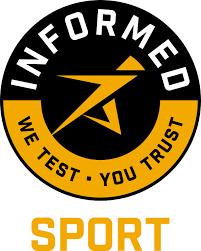
Brands with the above 'Informed Sport' logo have been batch-tested for banned substances to minimise the risks, but this still does not absolutely guarantee the absence of banned substances. There is still a risk. It's just smaller.
This page on the Aquatics GB website explains the risks and precautions that are needed if an athlete decides to use supplements.
How You Can Help
By becoming better-informed about the risks of supplement use, you can help your athlete learn to appreciate the risks themselves through the understanding that supplements can 'accidentally' contain banned substances due to contamination or mislabeling. Additionally, with a focus on whole foods and a balanced diet to obtain essential nutrients, you can also help them make informed choices, allowing them to prioritise their own clean sports values. Professional guidance should always be sought for nutritional advice and alternatives to dietary supplements.
Importantly, it should also be pointed out that taking supplements excessively or in combination with other substances can also harm health, causing digestive problems or hormonal imbalances.
Take Home Points
- Encourage your athlete not to use supplements. And this includes protein powder/shakes, etc.
- No supplement will be 100% risk-free.
- Adopt a FOOD FIRST approach.
-
Have conversations with your athletes to ensure they fully understand that athletes are 100% accountable for doping… the buck stops with them.
-
The 100% Me programme has been designed to help athletes navigate the world of ‘clean sport’. Encourage your athlete to download the 100% Me phone app.
-
Ensure they fully understand that excuses are rarely accepted for ‘accidental’ doping … not using supplements removes the risk entirely.
-
Ensure they understand that all their dietary requirements for great performances can come from good, athlete-centred, healthy eating.
If you've found this information helpful, we've created The Athlete Place, our athlete-specific platform that will inform, motivate and inspire your athlete...
Evidence-Based Research
Our content is supported by:
-
Hurst, P., Schiphof-Godart, L., Kavussanu, M., Barkoukis, V., Petróczi, A. and Ring, C., 2023. Are dietary supplement users more likely to dope than non-users?: a systematic review and meta-analysis. International Journal of Drug Policy, 117, p.104077. (View Paper)




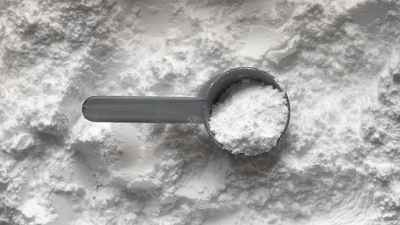
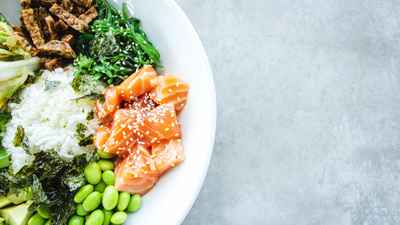
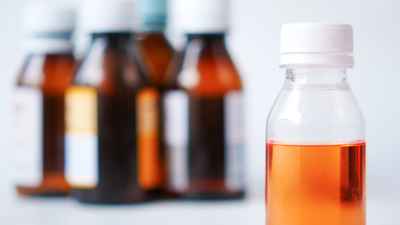
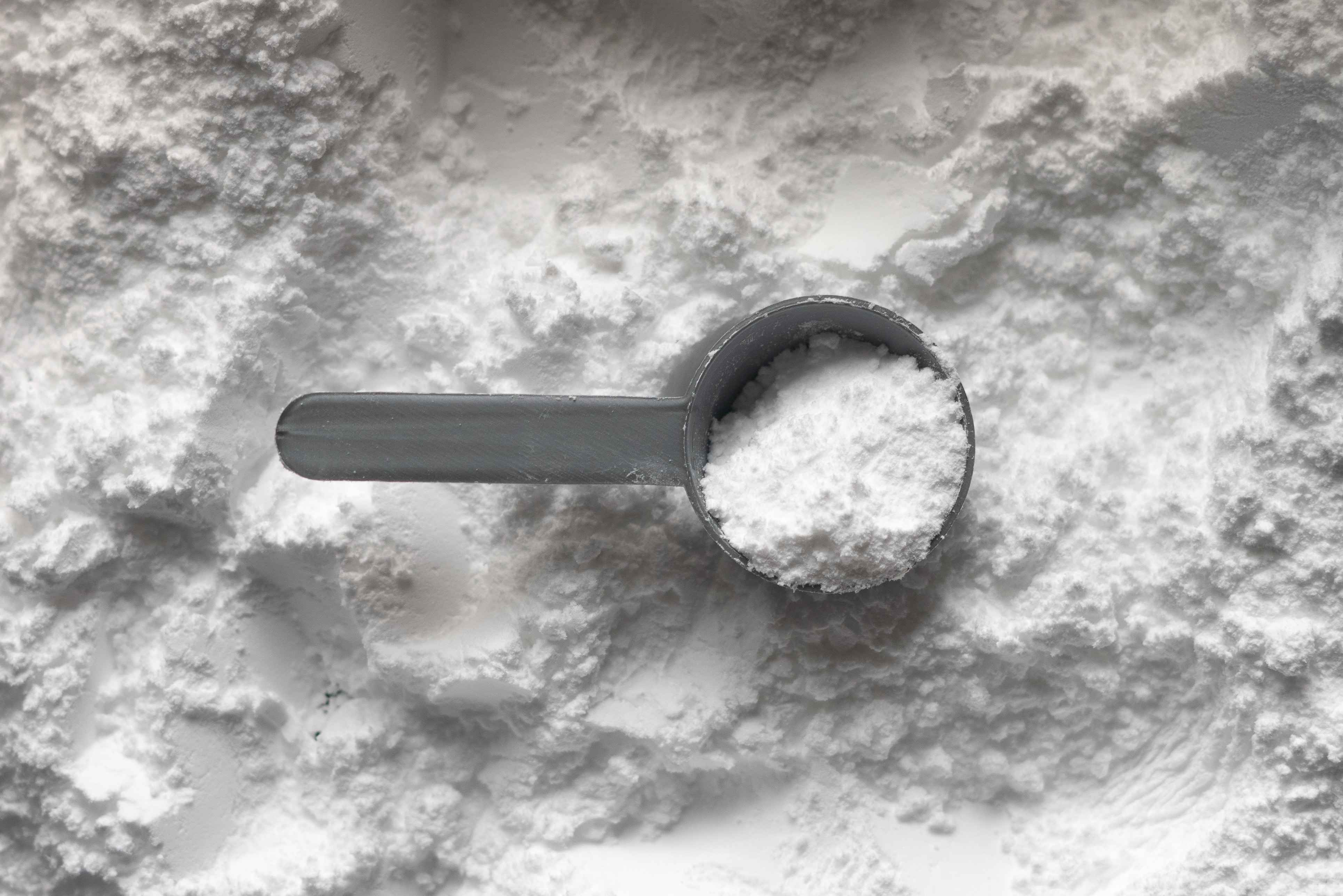
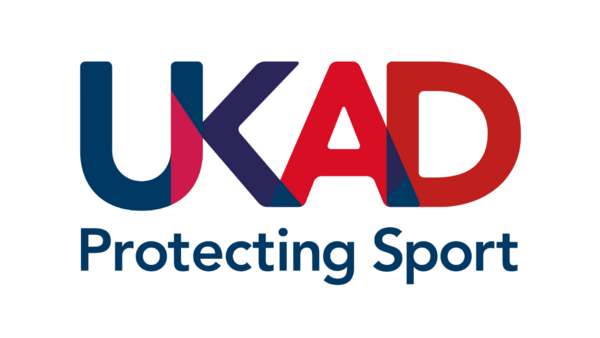
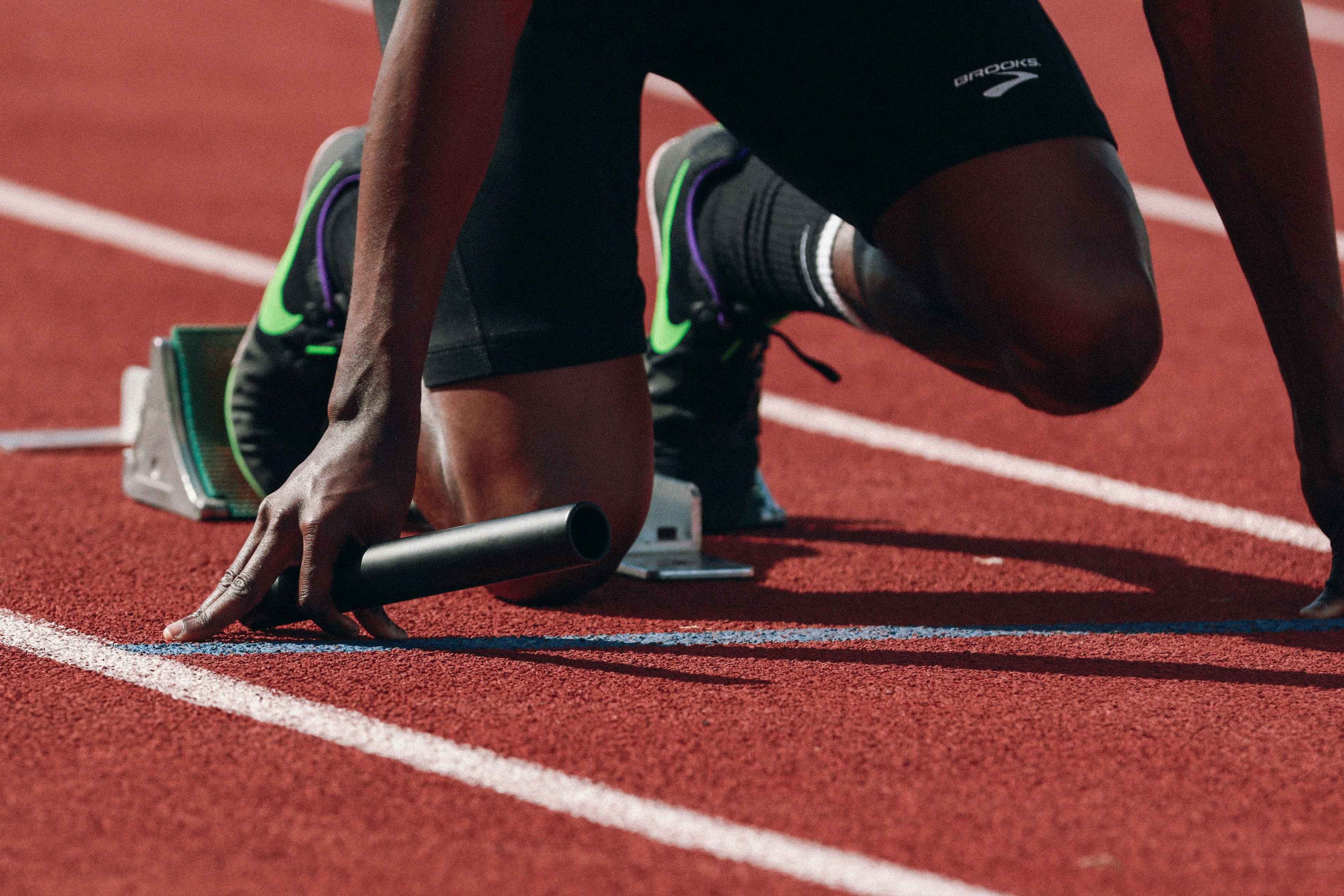

Comments